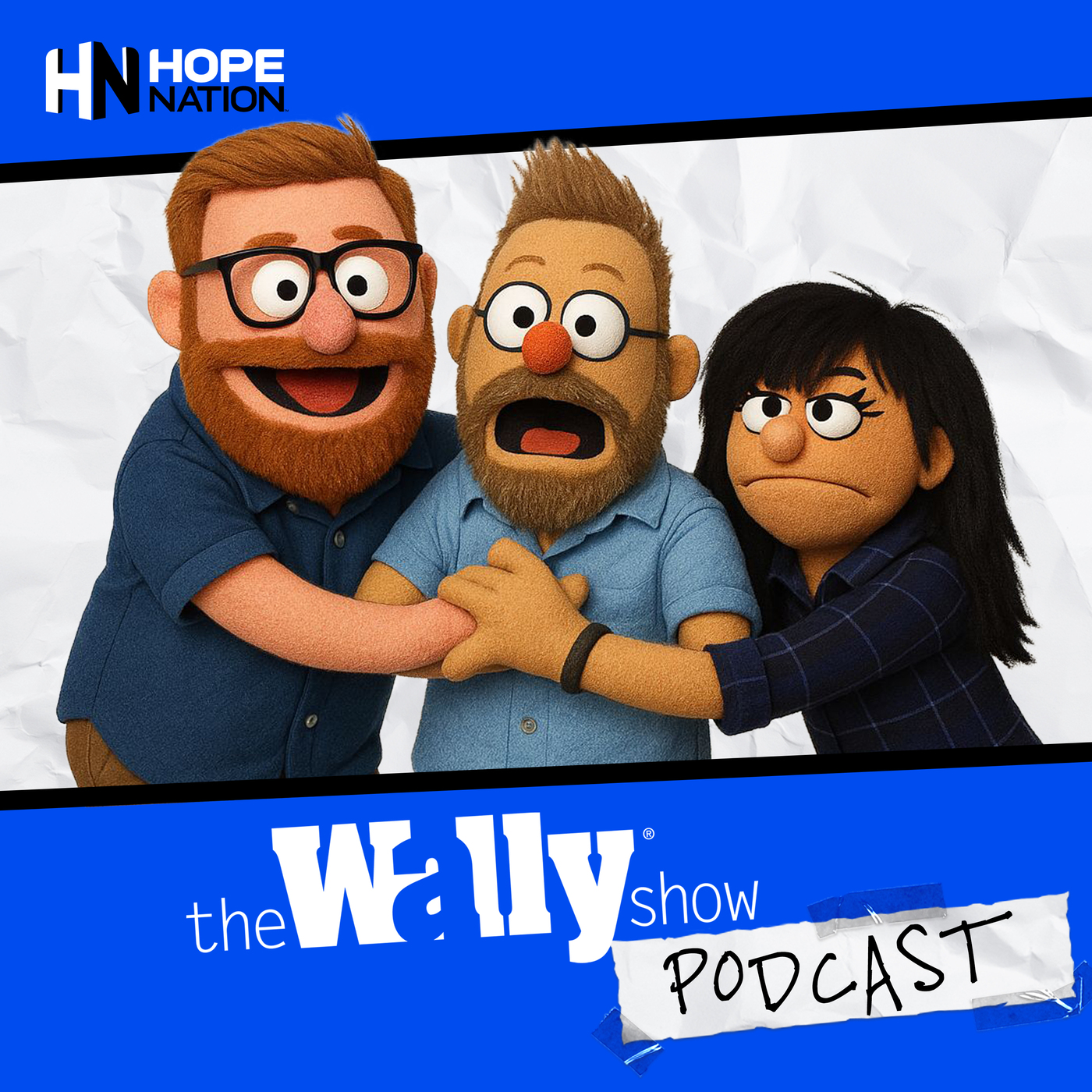Fmr. NIH Director Dr. Francis Collins
Why Francis Collins left NIH: administrative muzzling and halted research
In this candid Late Show interview, Dr. Francis Collins — former director of the National Institutes of Health (NIH) and Presidential Medal of Freedom recipient — explains why he retired and why continued scientific progress in the United States is at risk. Collins describes an abrupt set of restrictions after January 20 that effectively "muzzled" scientists: researchers were told not to attend scientific meetings, not to speak publicly, unable to order supplies, and discouraged from starting new projects. In short, government-employed scientists were asked to "be scientists, but don't do science."
Immediate consequences for biomedical research and vaccine science
The interview highlights concrete fallout: roughly 2,500 NIH projects were paused across areas such as cancer, Alzheimer's, rare genetic disease, HIV, and vaccine development. Collins warns that pausing foundational research damages the pipeline for medical breakthroughs that often take years to materialize. He emphasizes that taxpayer-funded research creates the foundation for future diagnostics, therapies, and vaccines; interrupting that foundation risks mortgaging future health gains.
Brain drain: where U.S. scientific talent is heading
Collins describes a worrying reversal of migration trends. Whereas the U.S. traditionally attracted top global talent, young scientists are increasingly considering labs in Australia, Europe, the United Kingdom, and China. High-performing trainees, even those recommended by Collins, have looked overseas for stable opportunities. This migration poses a long-term risk to American leadership in biomedical discovery and innovation.
Broader civic themes: truth, trust, civility, and compassion
Beyond lab logistics, Collins connects scientific disruptions to civic and moral deficits. In his book The Road to Wisdom, he appeals to the "Exhausted Middle" — citizens fatigued by outrage culture — arguing that deficits in truth, trust, civility, and especially compassion are corroding public life. He points to cuts in global health programs like USAID and PEPFAR as having immediate humanitarian consequences, estimating large numbers of preventable child deaths tied to those policy choices.
Actionable implications and why this episode matters
- Protect scientific independence: administrative policies that silence public engagement and freeze research undermine innovation.
- Monitor funding interruptions: paused projects cannot simply be restarted without long-term damage to research pipelines.
- Support early-career researchers: preserving opportunities prevents international talent loss and secures national research capacity.
This interview is essential listening for policymakers, researchers, and citizens interested in how political decisions shape scientific discovery, global health outcomes, and the moral health of a nation. Collins’ blend of on-the-ground NIH experience and civic reflection offers a rare, practical perspective on safeguarding the future of biomedical research and restoring public compassion.




